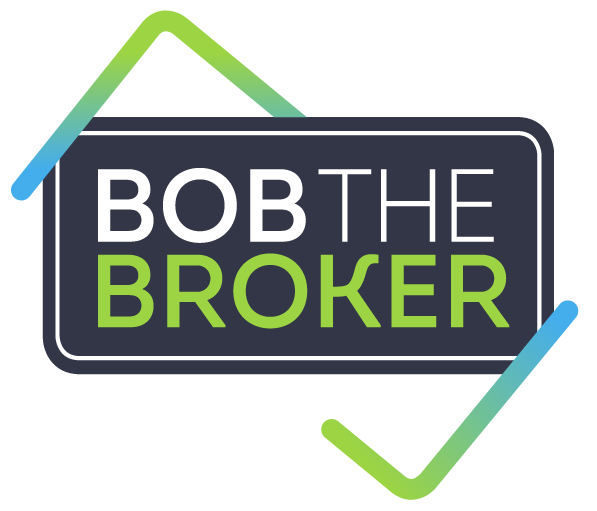
Frequently asked questions.
What is Lenders Mortgage Insurance (LMI) and Why You Need It?
LMI is applicable when borrowing more than 80% of the property’s market value. Importantly, this is an insurance policy that is designed to protect the lender and NOT the borrower.
If you were to default on the loan and the lender was to lose money, they would apply to their LMI company to recover their loss. The LMI company will still ask you to repay the loss.
LMI is calculated on a sliding scale depending on how much is borrowed against the market value of the property. The higher the amount above 80% the more expensive LMI will be.
What Does LVR Mean?
LVR stands for Loan to Value Ratio and is a commonly used phrase within the mortgage industry. The term is used by lenders to describe what percentage you are borrowing against your property.
LVR is calculated by dividing your loan amount by the value of your property. For example, if you take out a loan for $250,000 and your property is worth $500,000, the LVR will be 50%
Lenders will use the LVR as part of their loan assessment, assisting them in determining whether or not your loan needs Lenders Mortgage Insurance (LMI) applied to it. If your application doesn’t need LMI applied, lenders can often be a little more flexible with their credit policies.
Who pays a mortgage broker’s commission?
Mortgage brokers are paid commission from the lender, in the form of an upfront and trail commission. Your broker disclosure document will explain in detail these amounts. The commission income is similar across the lenders and is generally 0.65% upfront plus gst, trail of 0.15% plus gst, trail commission is what the broker receives every month based on the loan balance after allowing for any offset account balances.
